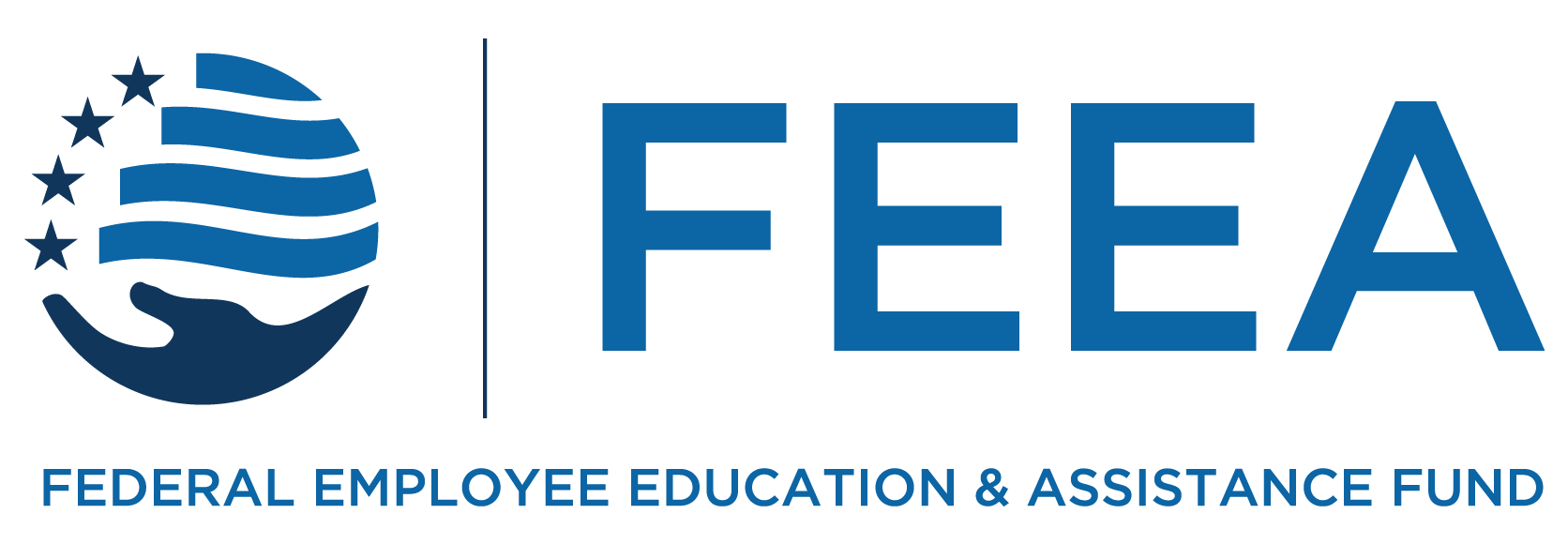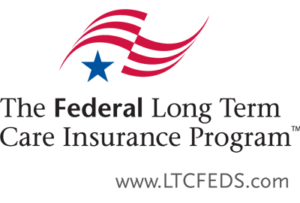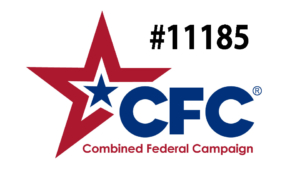5 Tips For Protecting Older Loved Ones From Scams
by Joyce Warner
According to the Senate Special Committee on Aging, “older Americans lose a staggering $2.9 billion a year to an ever-growing array of financial exploitation schemes and scams.” Here are five tips to help your older loved ones stay safe from scams.
The Federal Long Term Care Insurance Program (FLTCIP) was established by Congress in 2000 and is overseen by the U.S. Office of Personnel Management. FLTCIP also has a resource page that includes the National Association of Insurance Commissioners (NAIC) guide to purchasing long-term care insurance and a series of webinars on healthy aging presented by Harvard Medical School.
Subscribe to FEEA’s Newsletter
Would you like to reprint this piece in your agency human resource, federal employee association, or union local newsletter? You can do so at no cost by contacting admin@feea.org with your request.
The information provided in this piece is for your convenience and informational purposes only and not to be construed as professional advice. FEEA and its coauthors and sponsors are not liable for any losses or damages related to actions or failure to act with regard to the content in this piece.





